Introduction
Brass check valves, a staple in fluid control systems, play a crucial role in maintaining the unidirectional flow of fluids. Crafted from high-quality brass, these valves offer robustness and reliability in diverse applications.
Applications of Brass Check Valve
Brass check valves find extensive use across numerous sectors due to their versatility and dependability. In plumbing systems, they prevent the reversal of water flow, ensuring a steady supply to various fixtures. HVAC systems utilize these valves to regulate the flow of refrigerants and maintain optimal performance. Additionally, in industrial processes, brass check valves play a critical role in controlling the flow of chemicals, oils, and other fluids, safeguarding equipment and processes.
Factors to Consider When Selecting a Brass Check Valve
Several factors warrant consideration when choosing a brass check valve to ensure optimal performance and compatibility with the application.
Pressure Rating
The pressure rating of the valve should exceed the maximum operating pressure of the system to prevent valve failure or leakage under high-pressure conditions.
Size
Selecting the appropriate valve size is essential to accommodate the flow rate and pipe diameter of the system. Oversized valves may lead to inefficiencies, while undersized valves can cause pressure drop and reduced flow capacity.
End Connections
Check the compatibility of the valve’s end connections with the existing piping system to facilitate seamless installation. Matching thread types and sizes prevent leaks and ensure a secure connection.
Fluid Compatibility
Consider the compatibility of the valve material with the fluid being handled to prevent corrosion, contamination, or degradation of performance. Brass check valves are generally suitable for a wide range of fluids, but specific applications may require alternative materials for optimal performance.


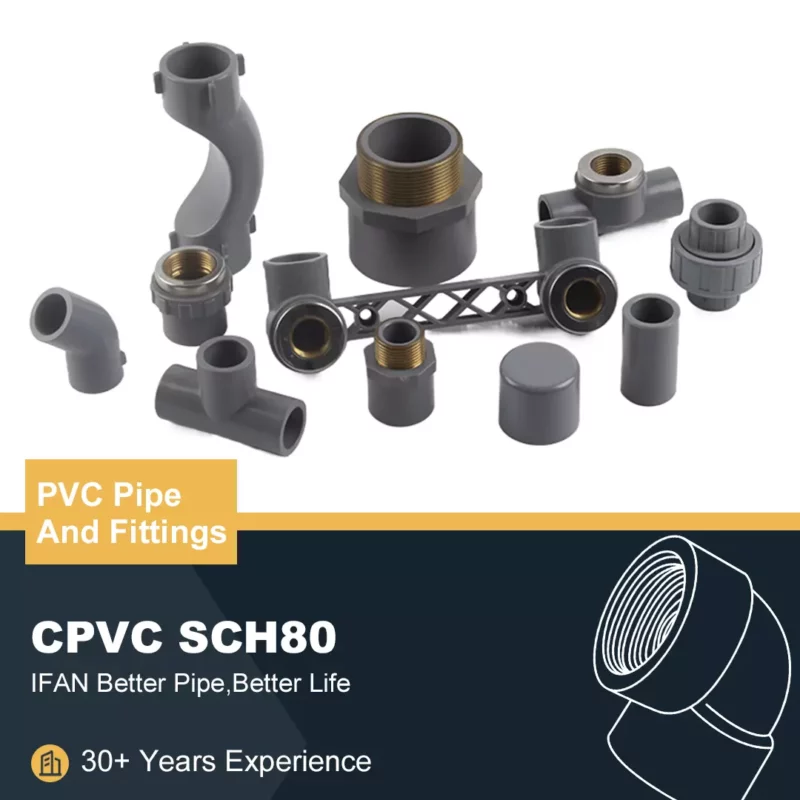
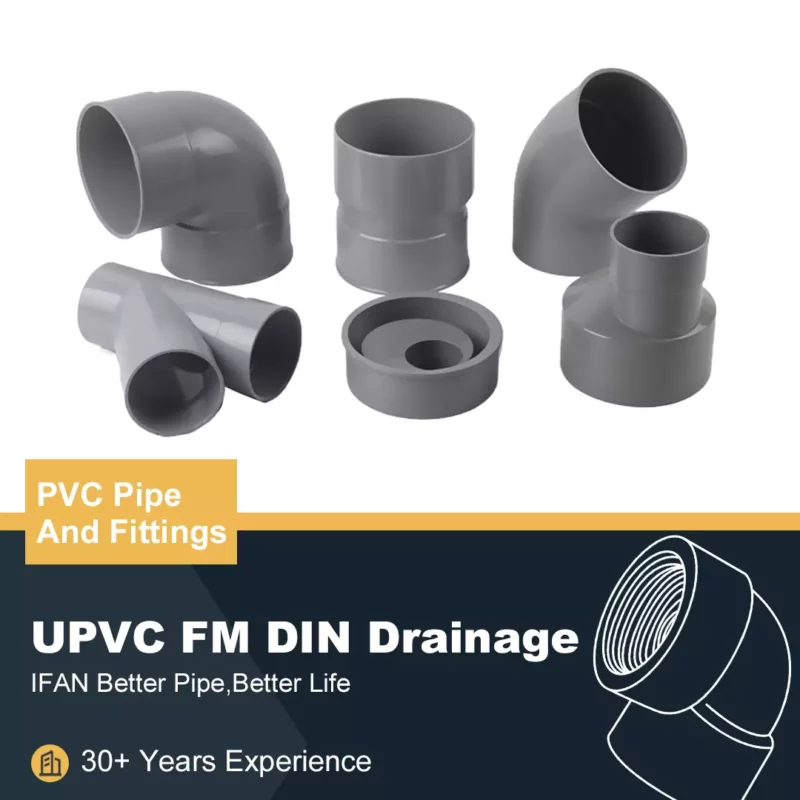
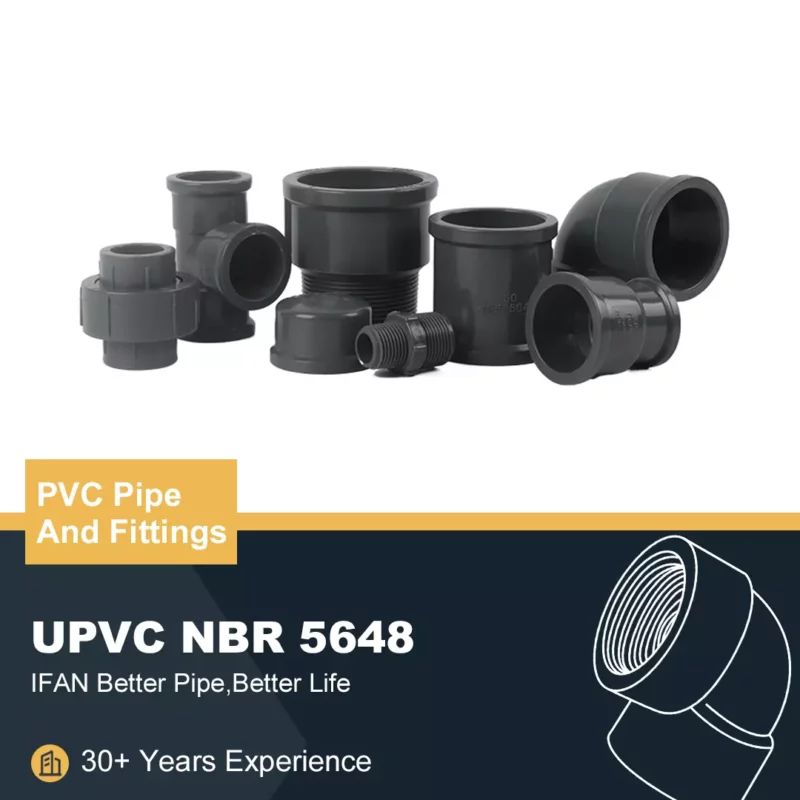
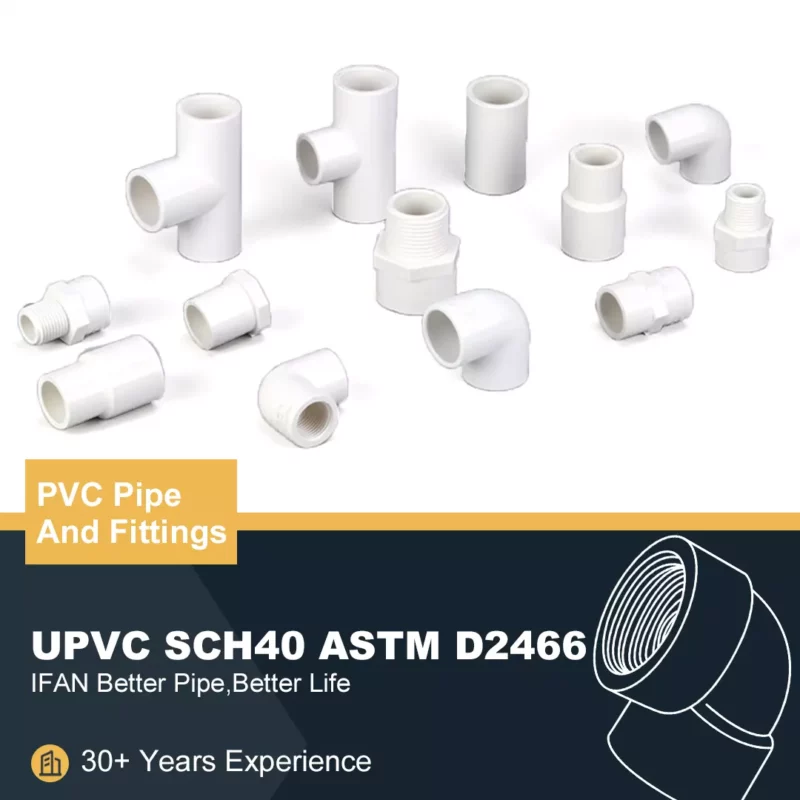
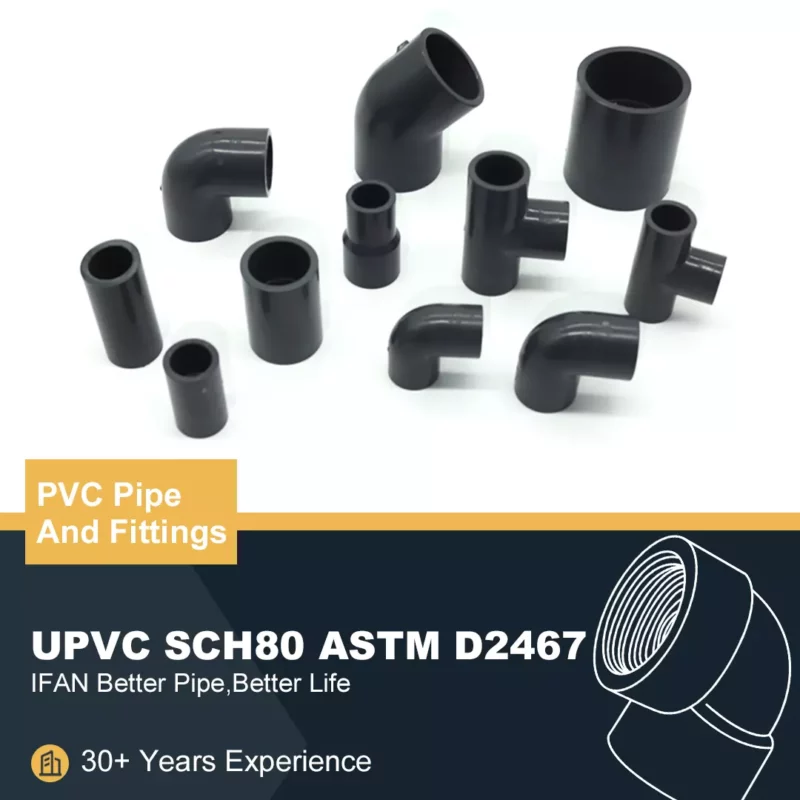
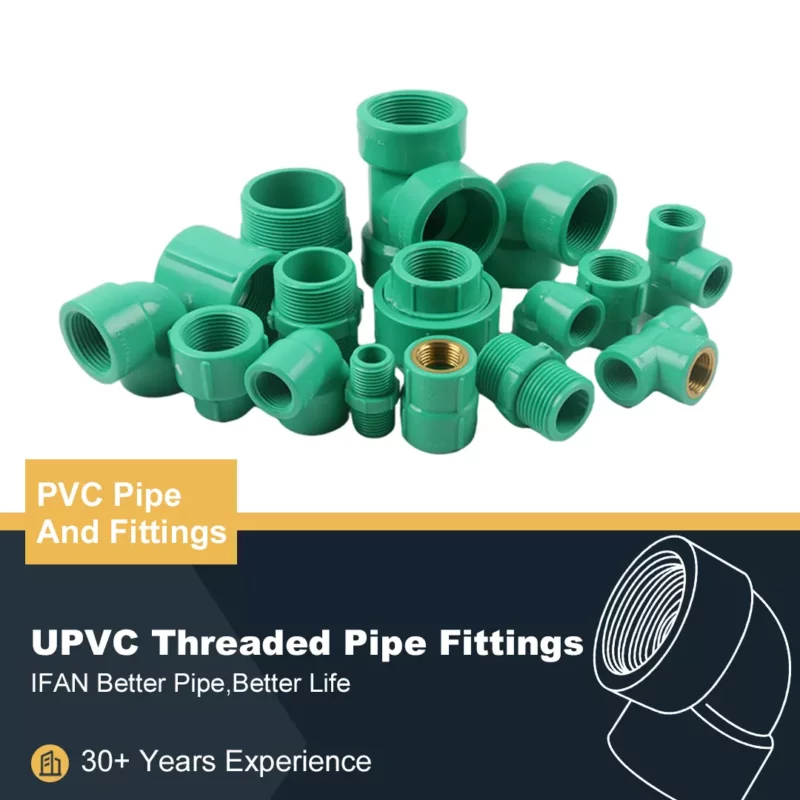
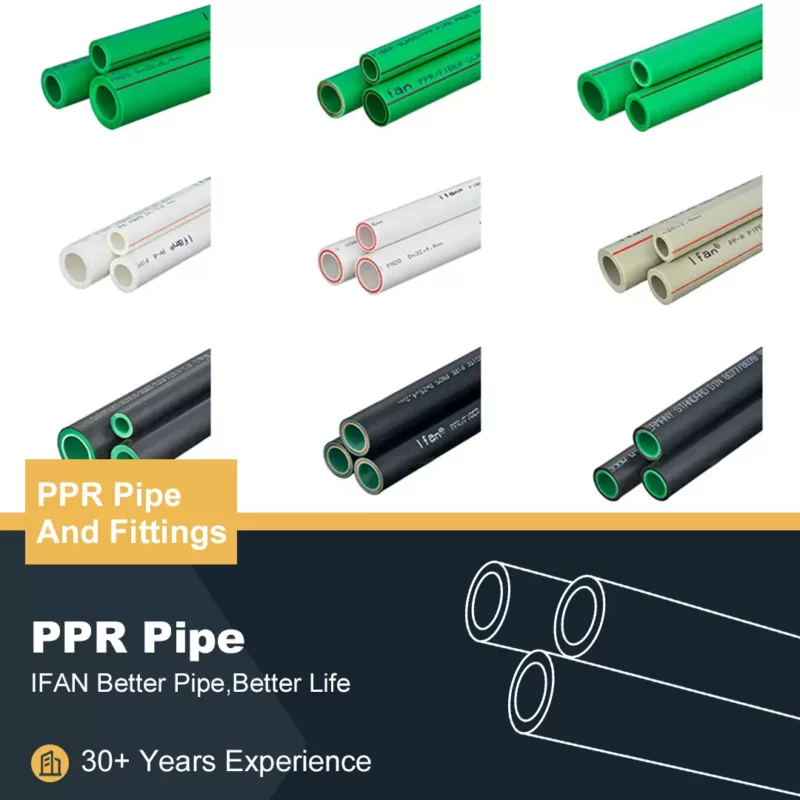
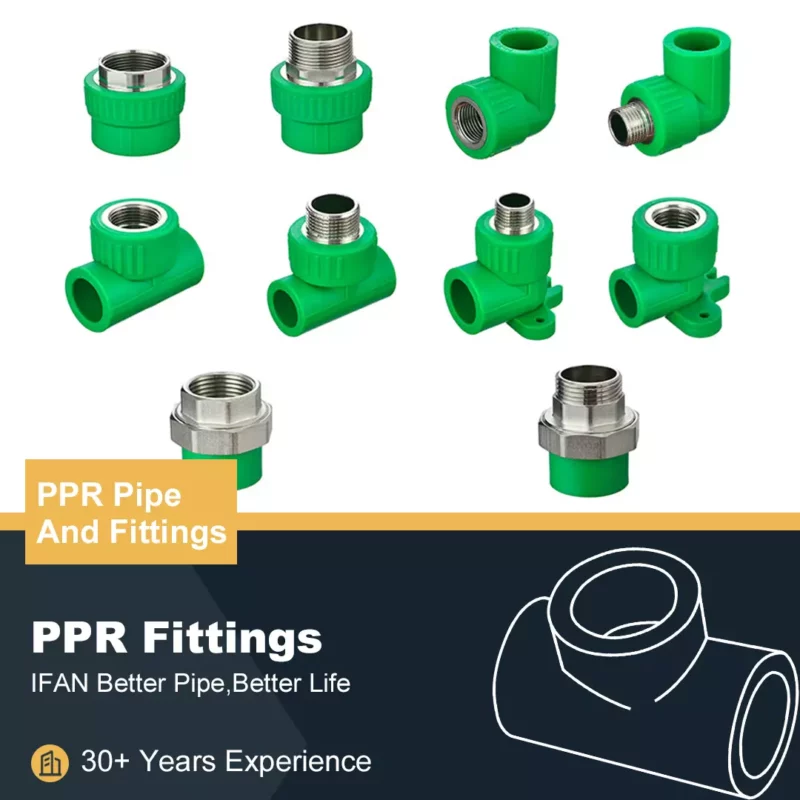
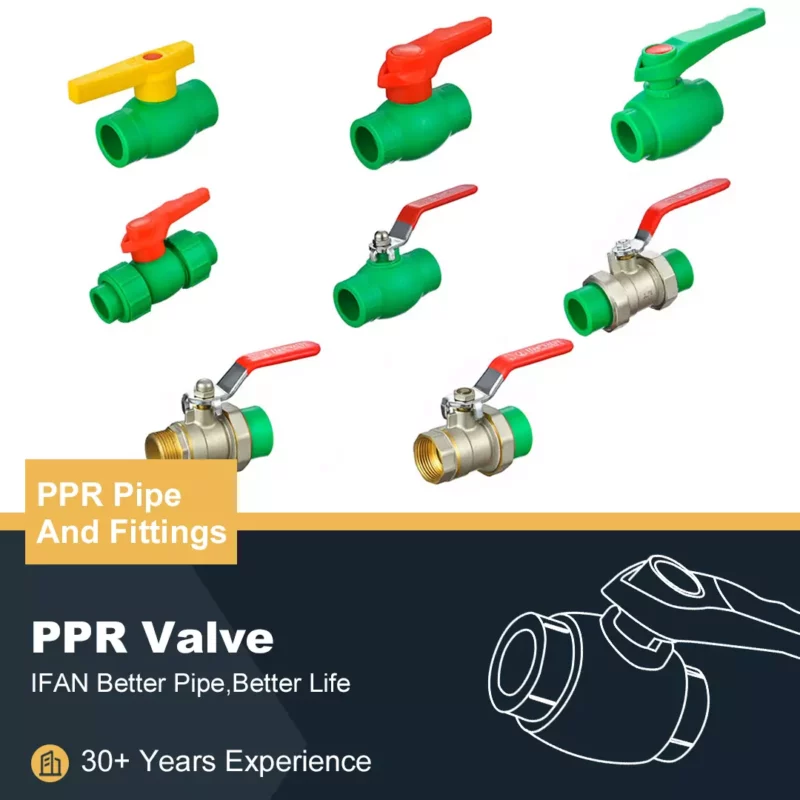
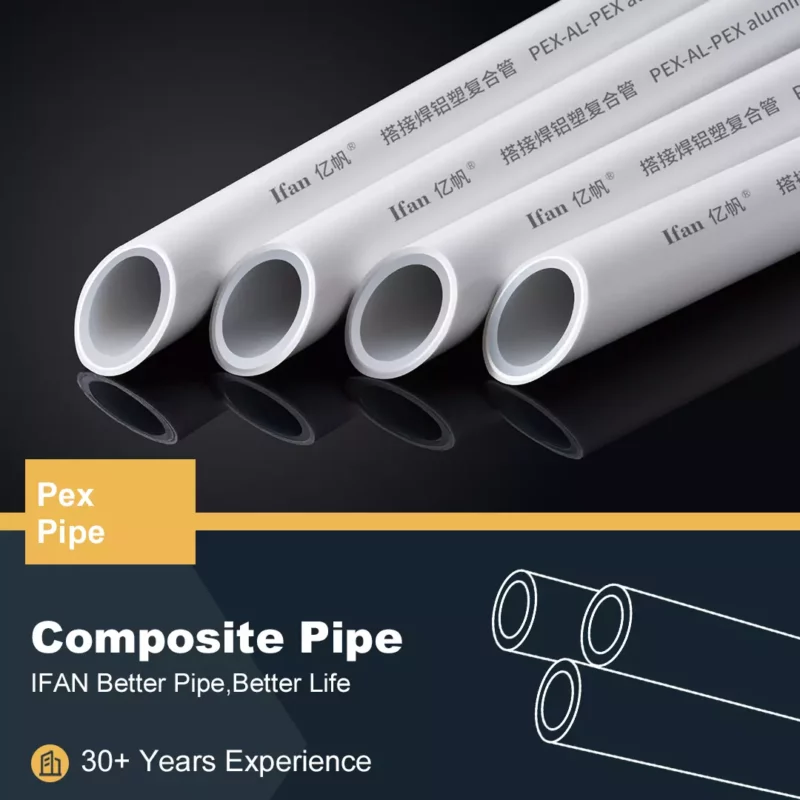
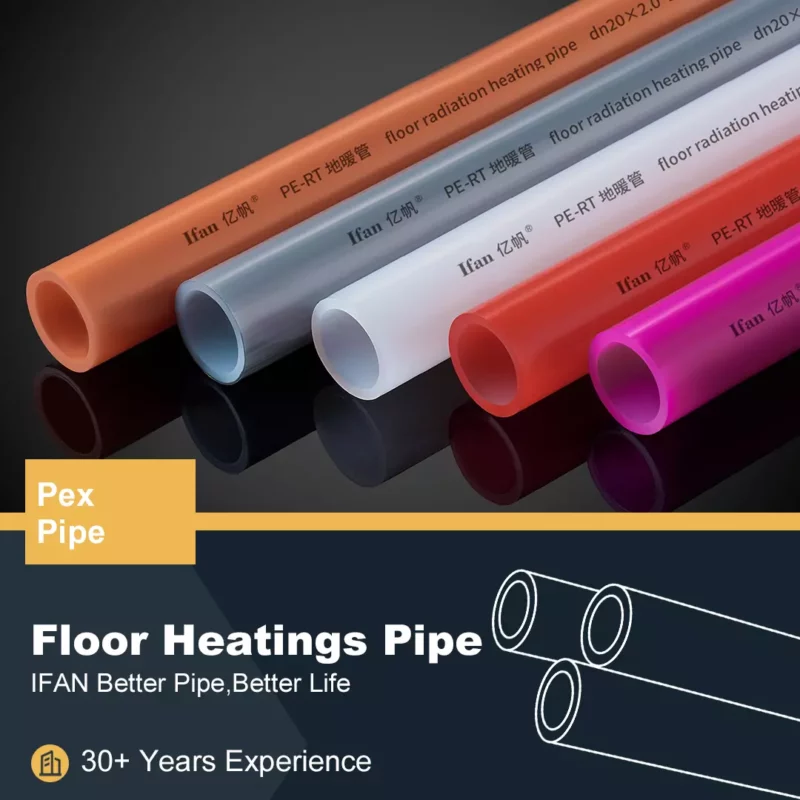
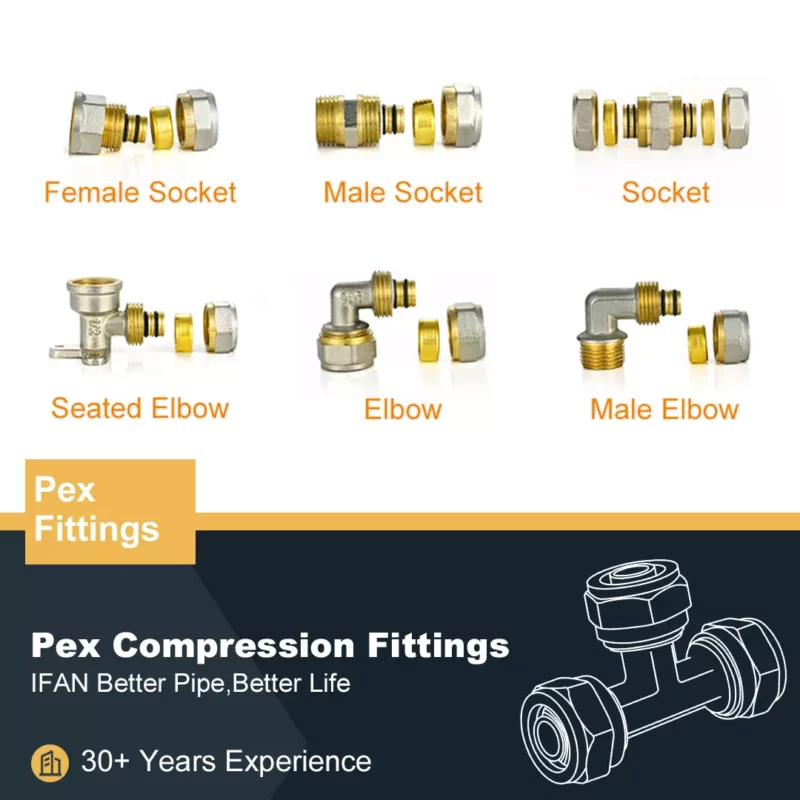
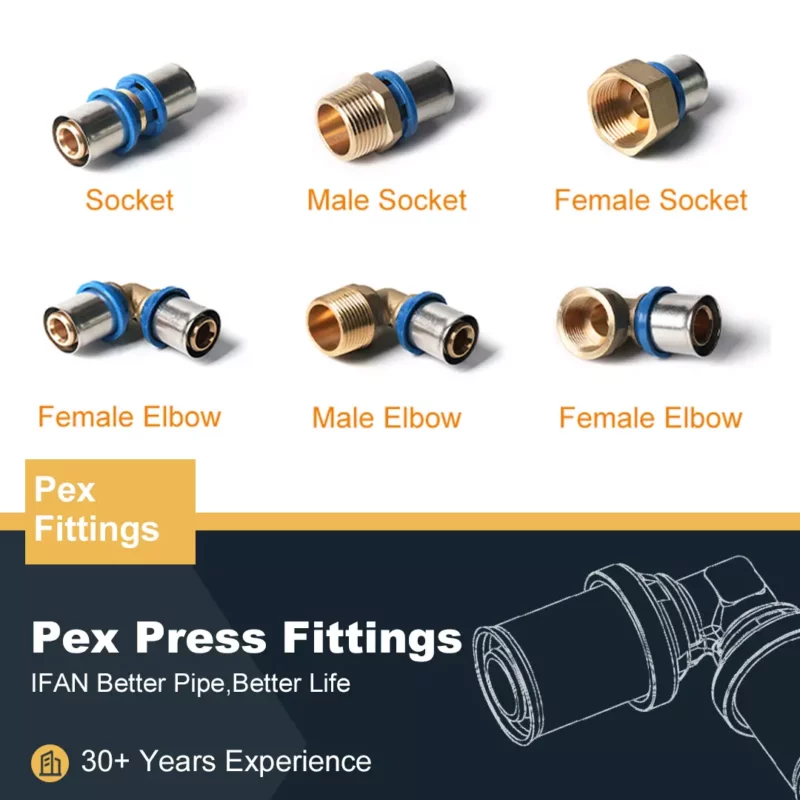
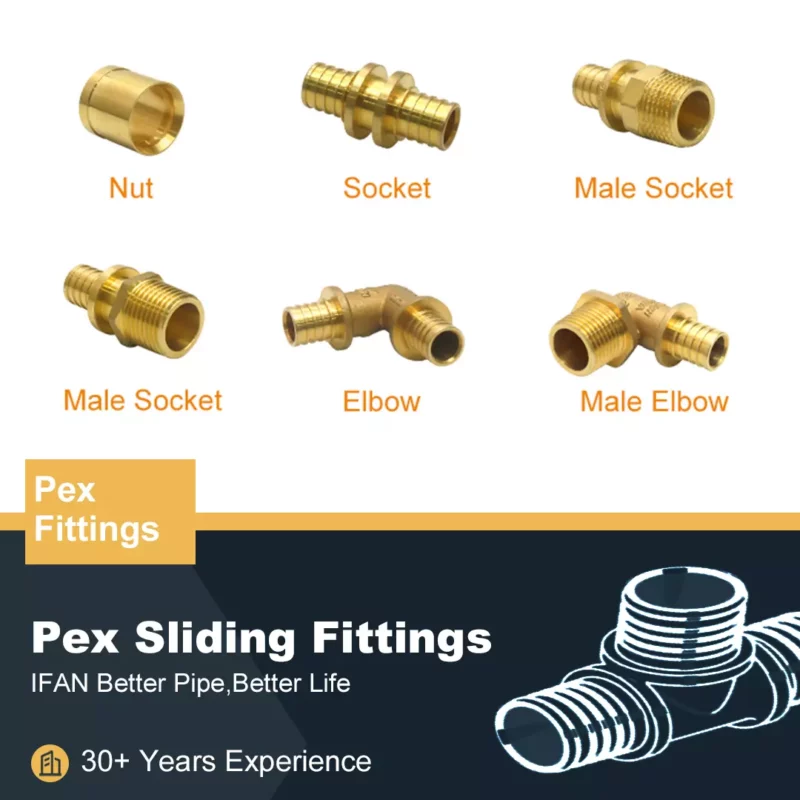
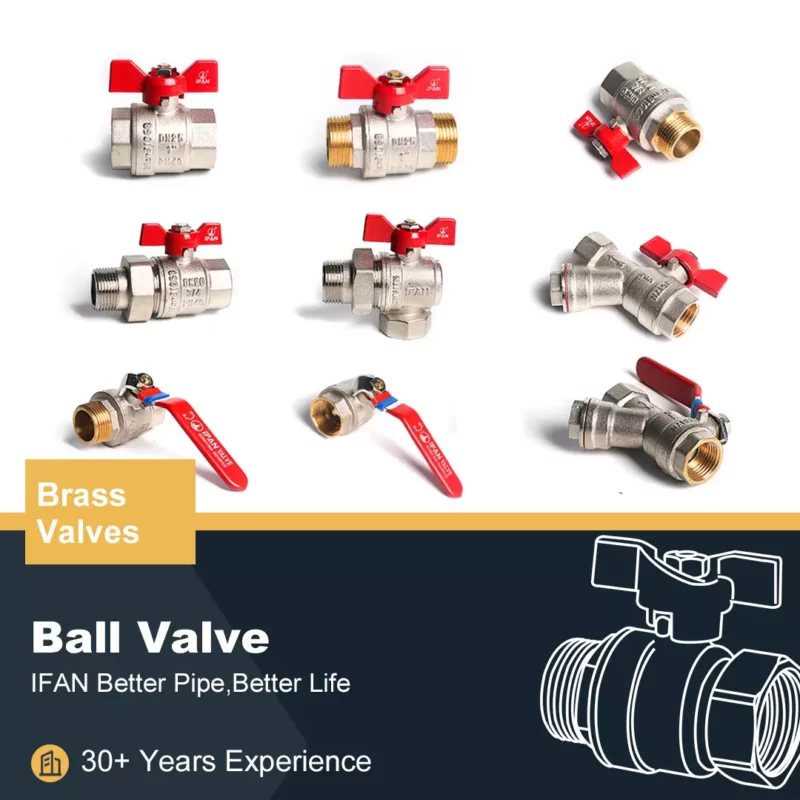
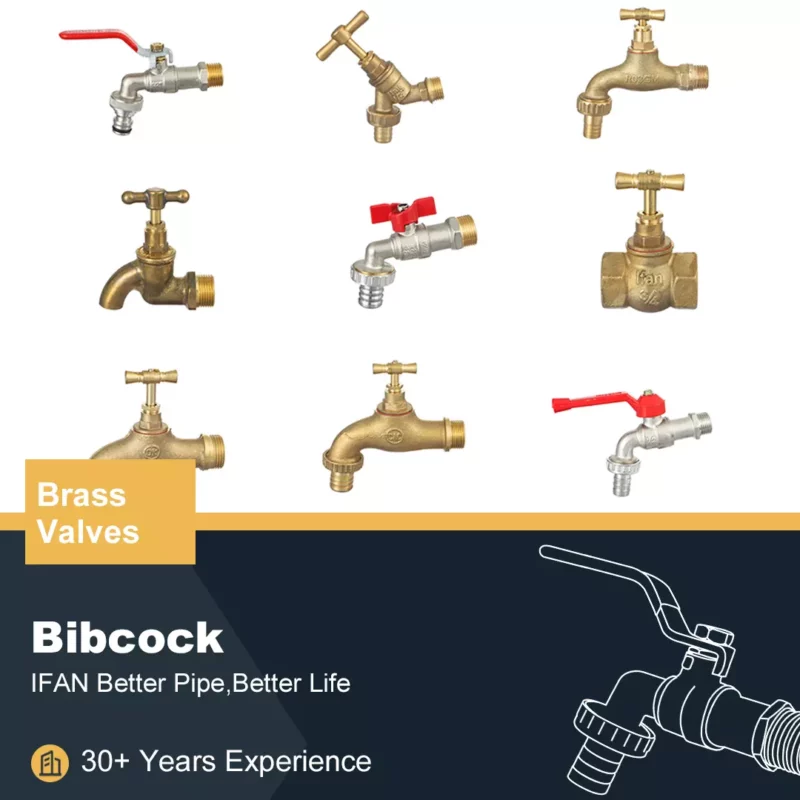
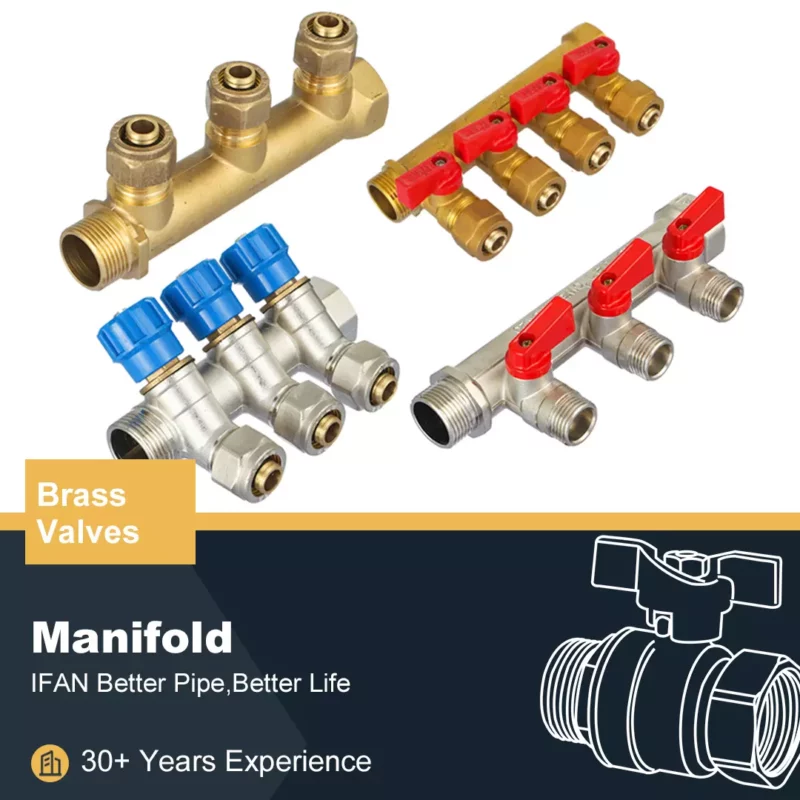
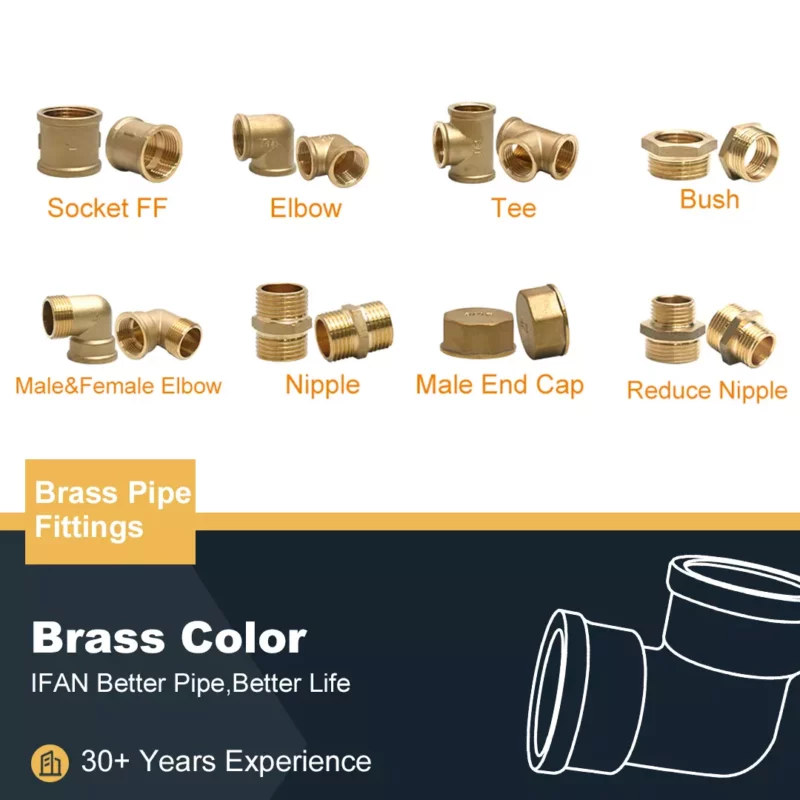
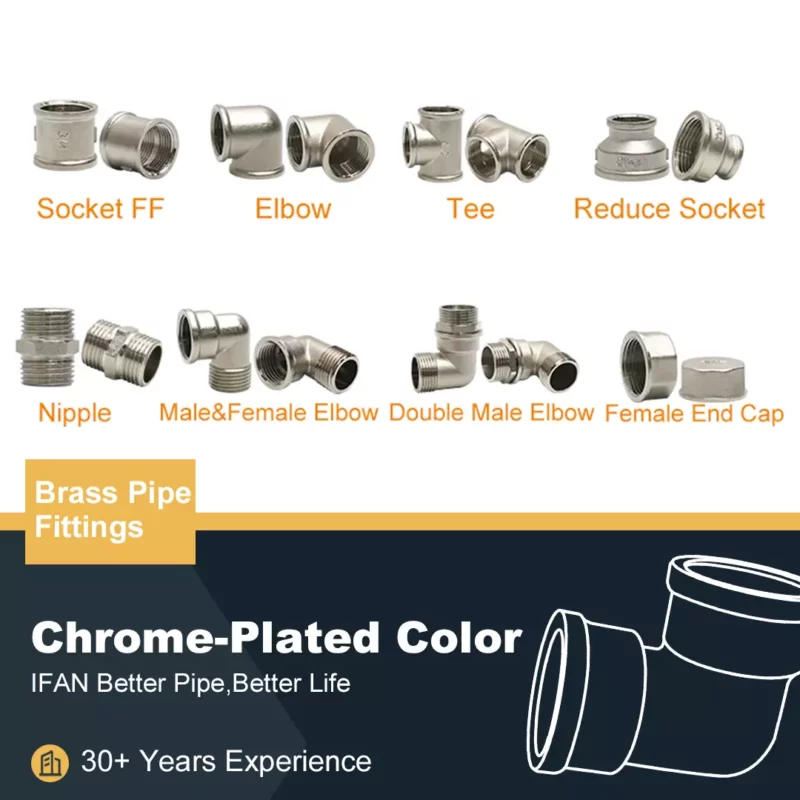
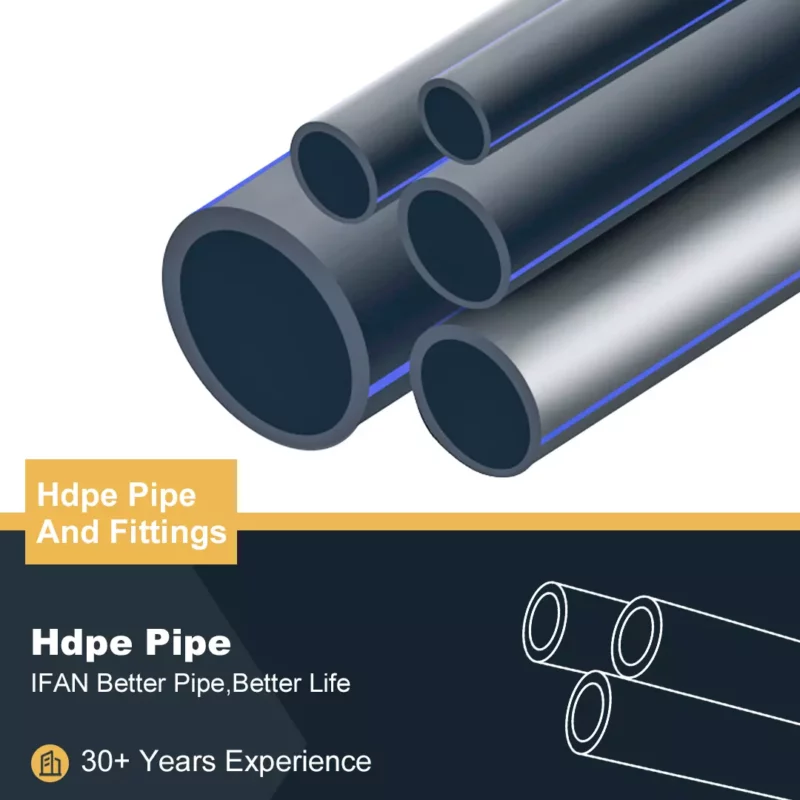
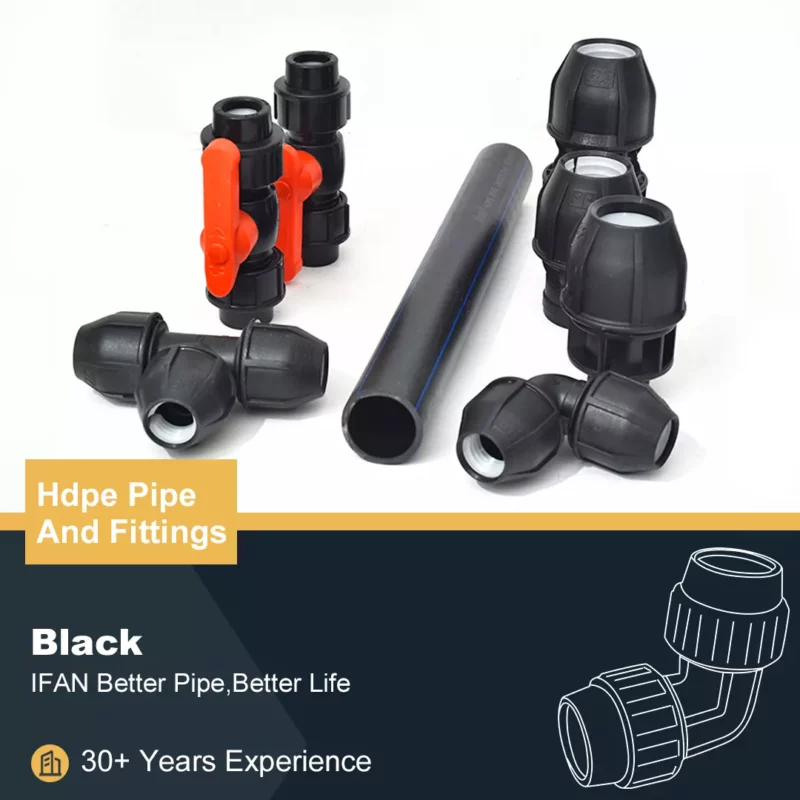
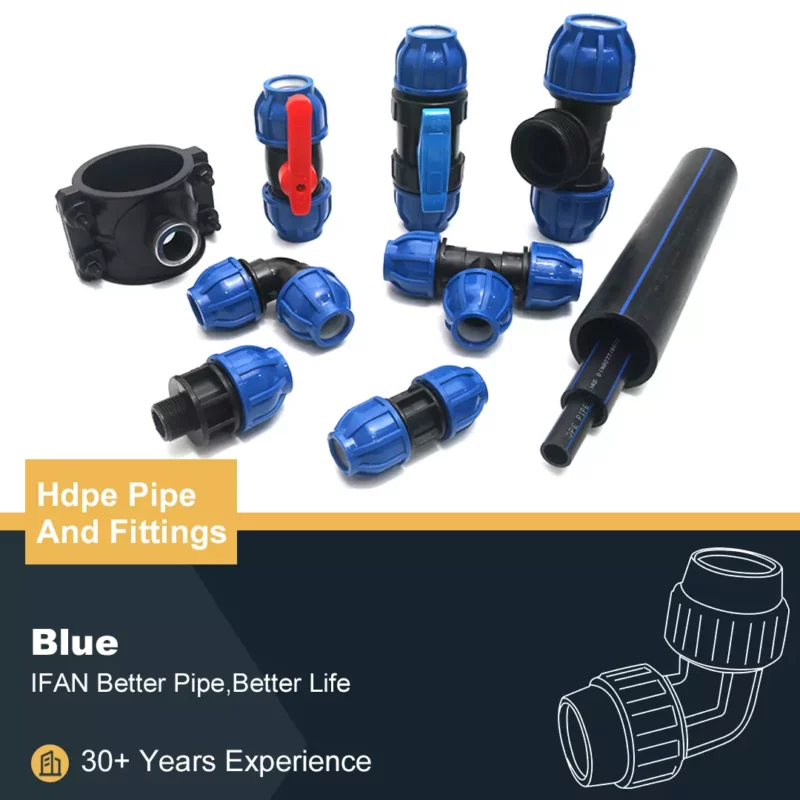
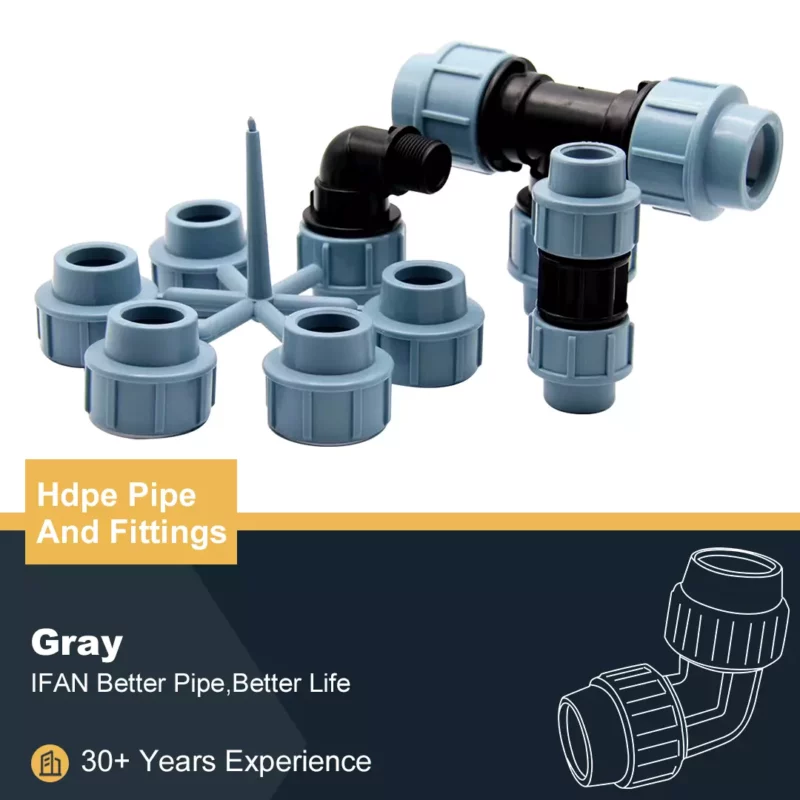


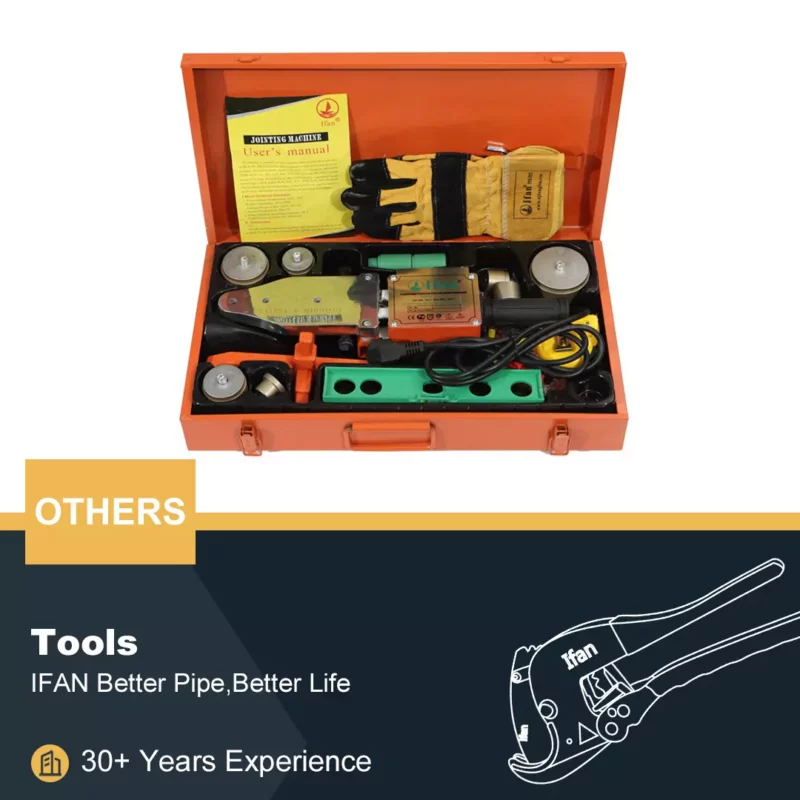


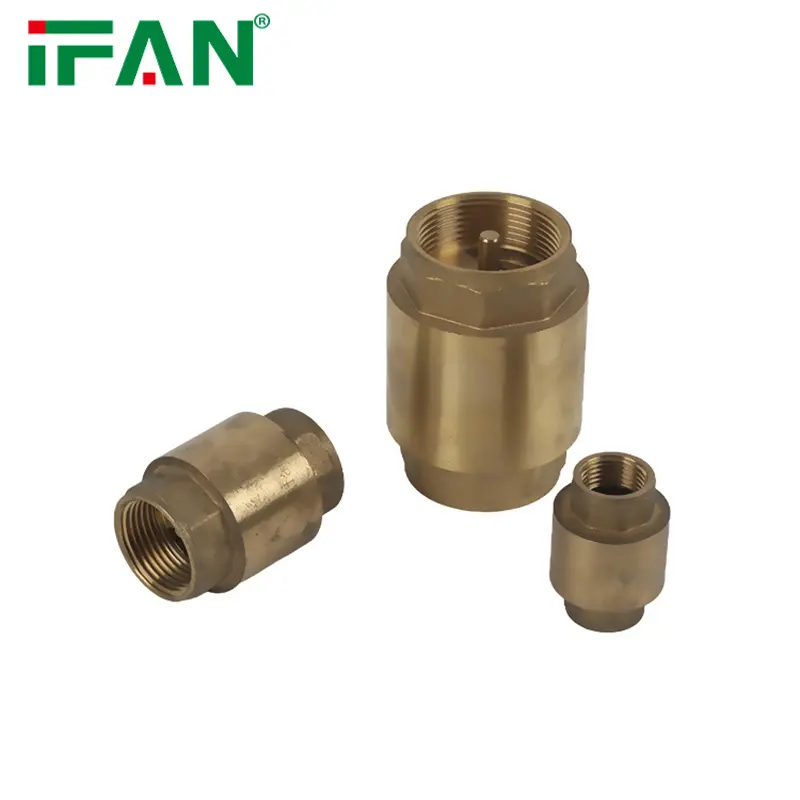








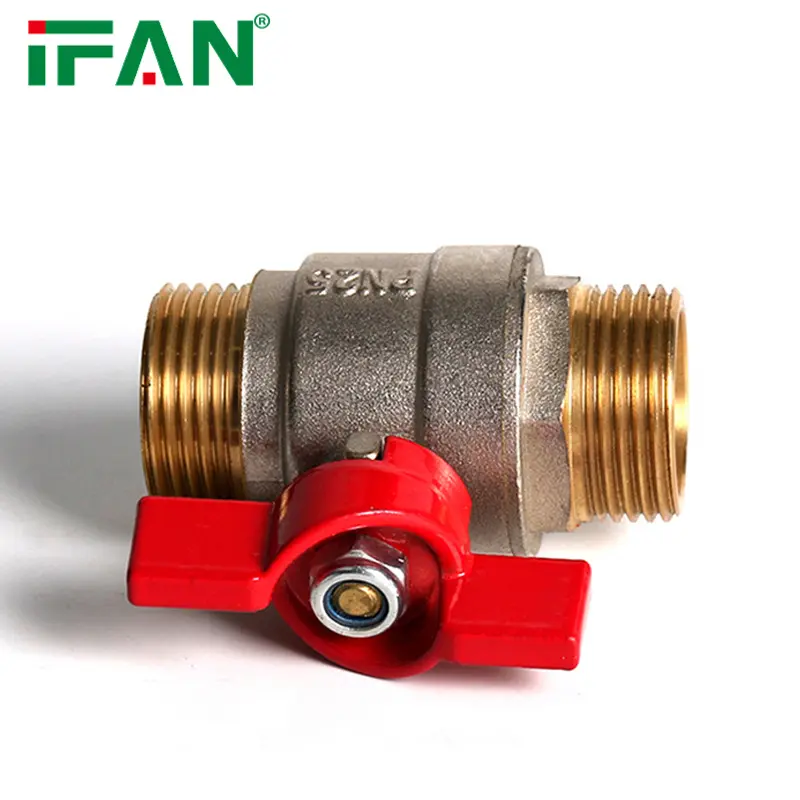
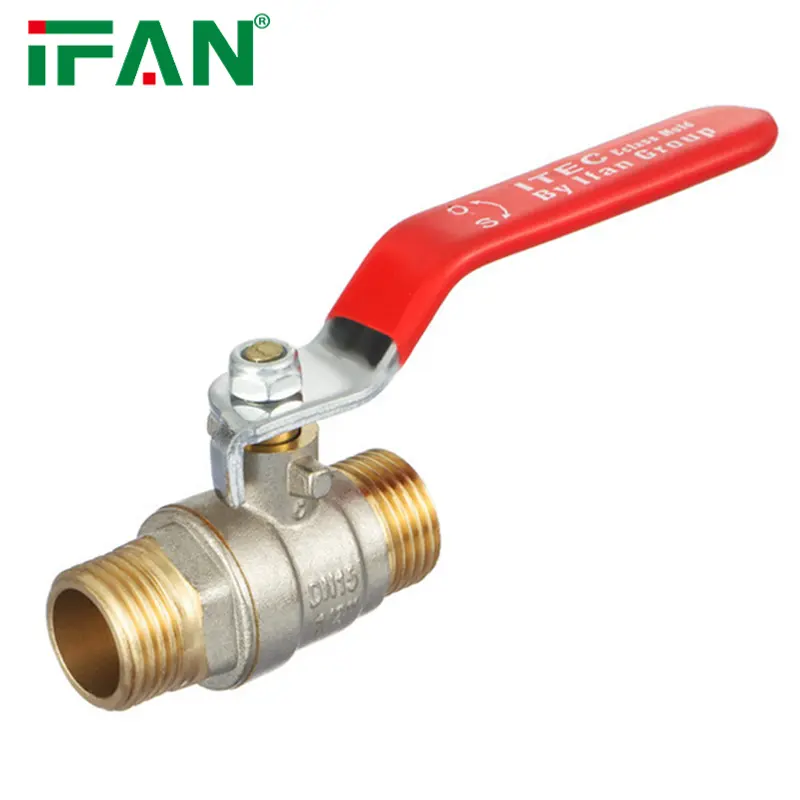
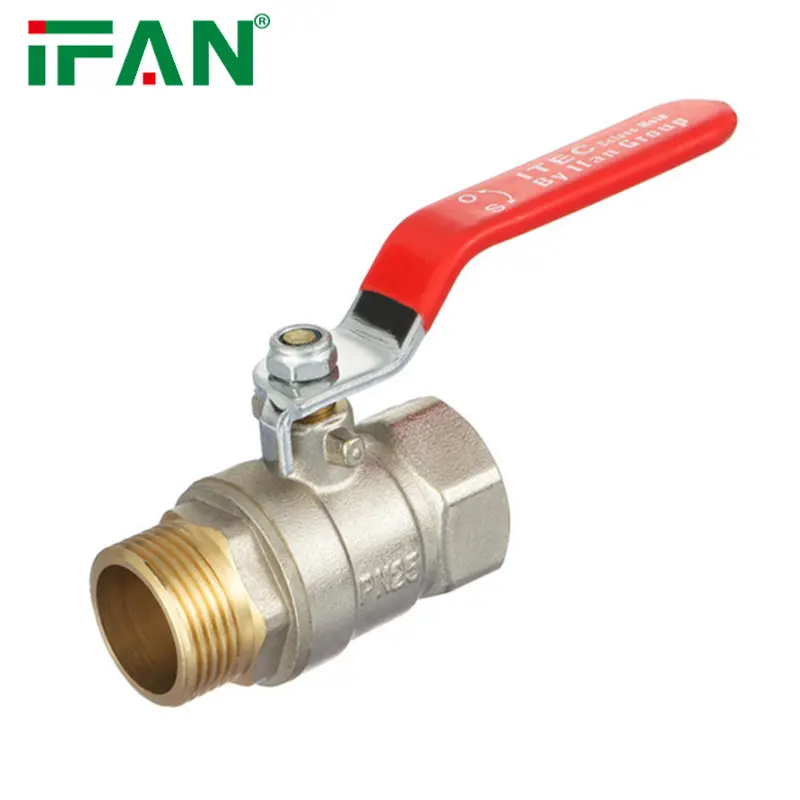
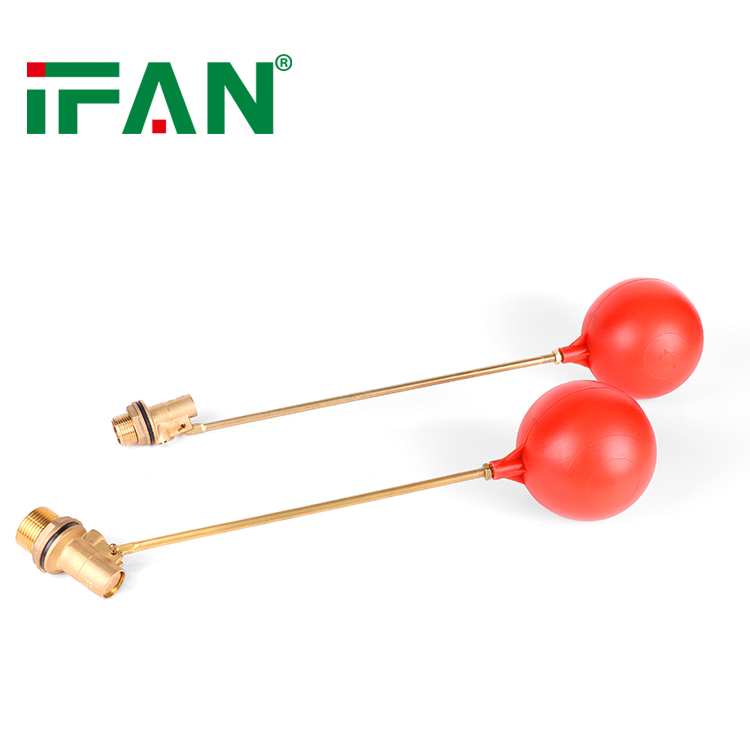
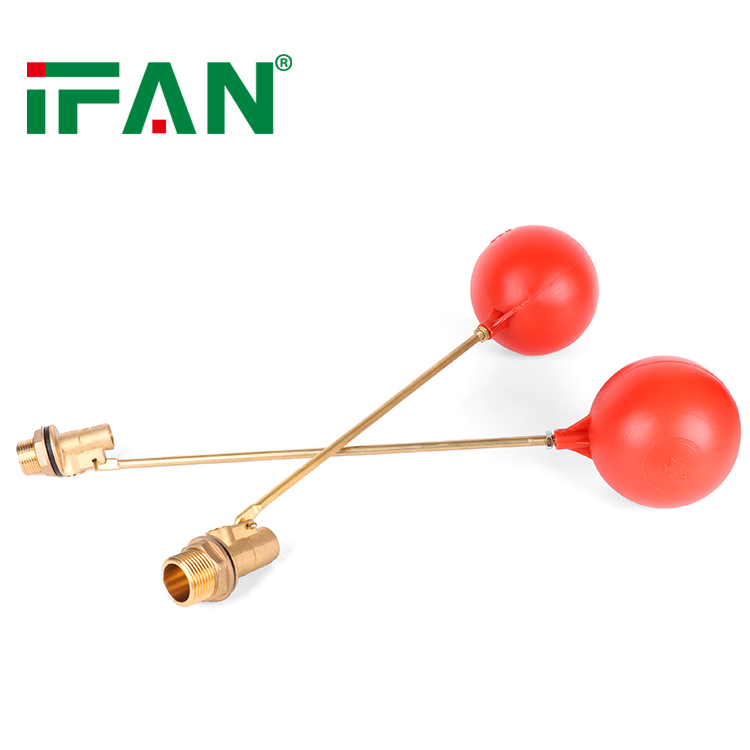
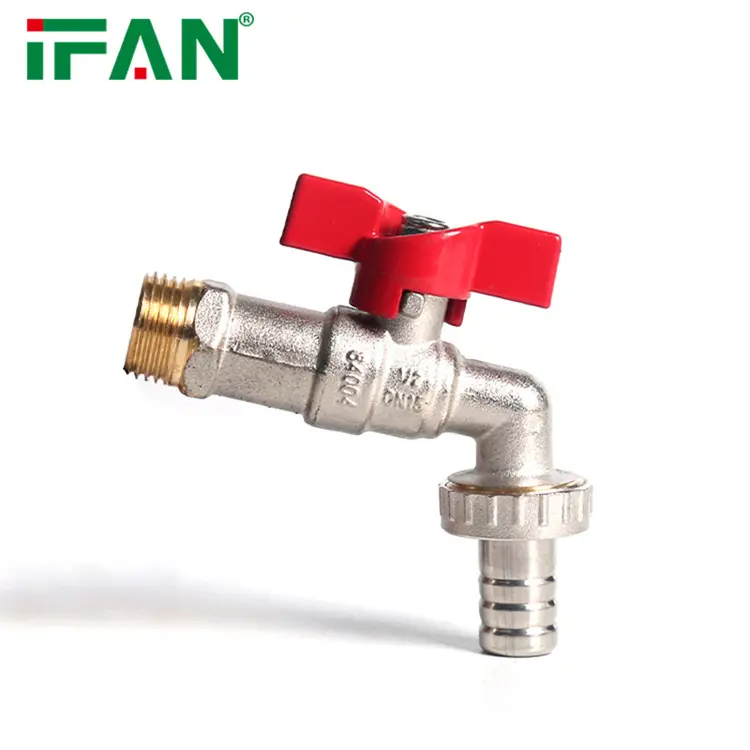
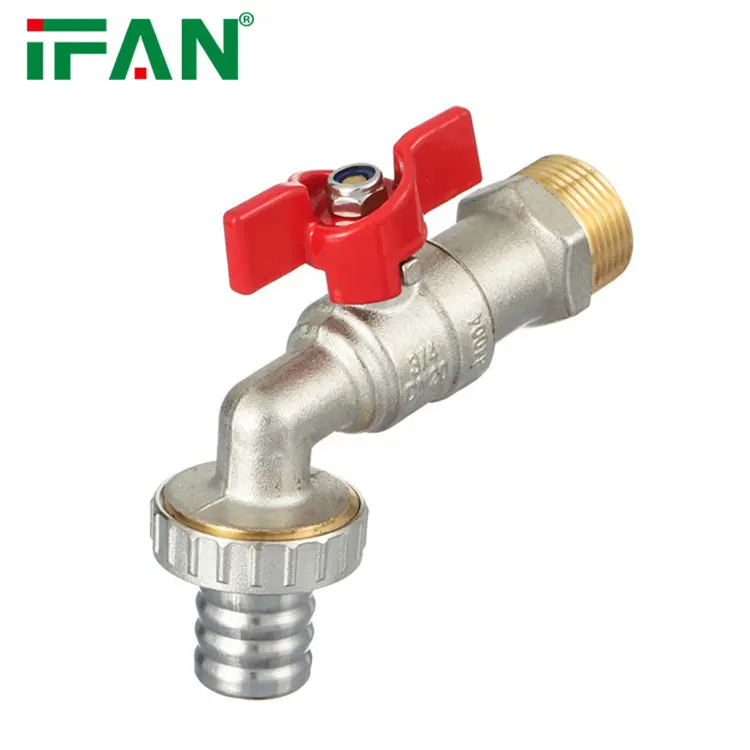
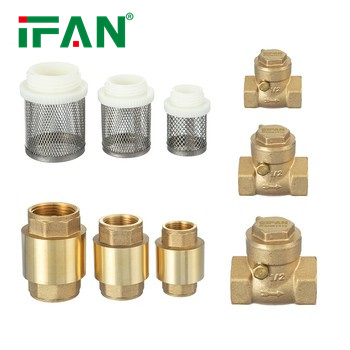
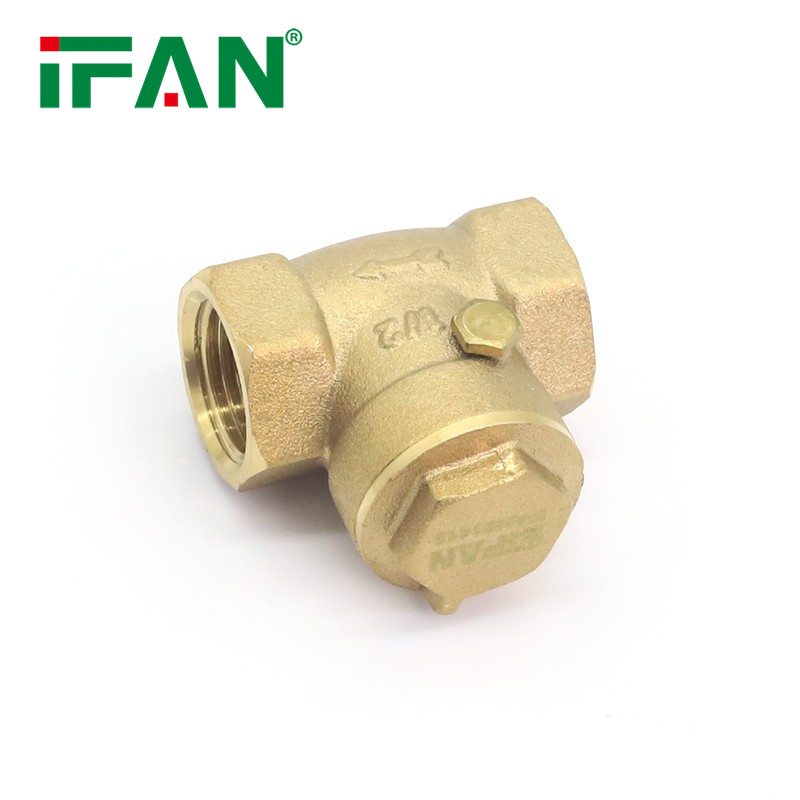


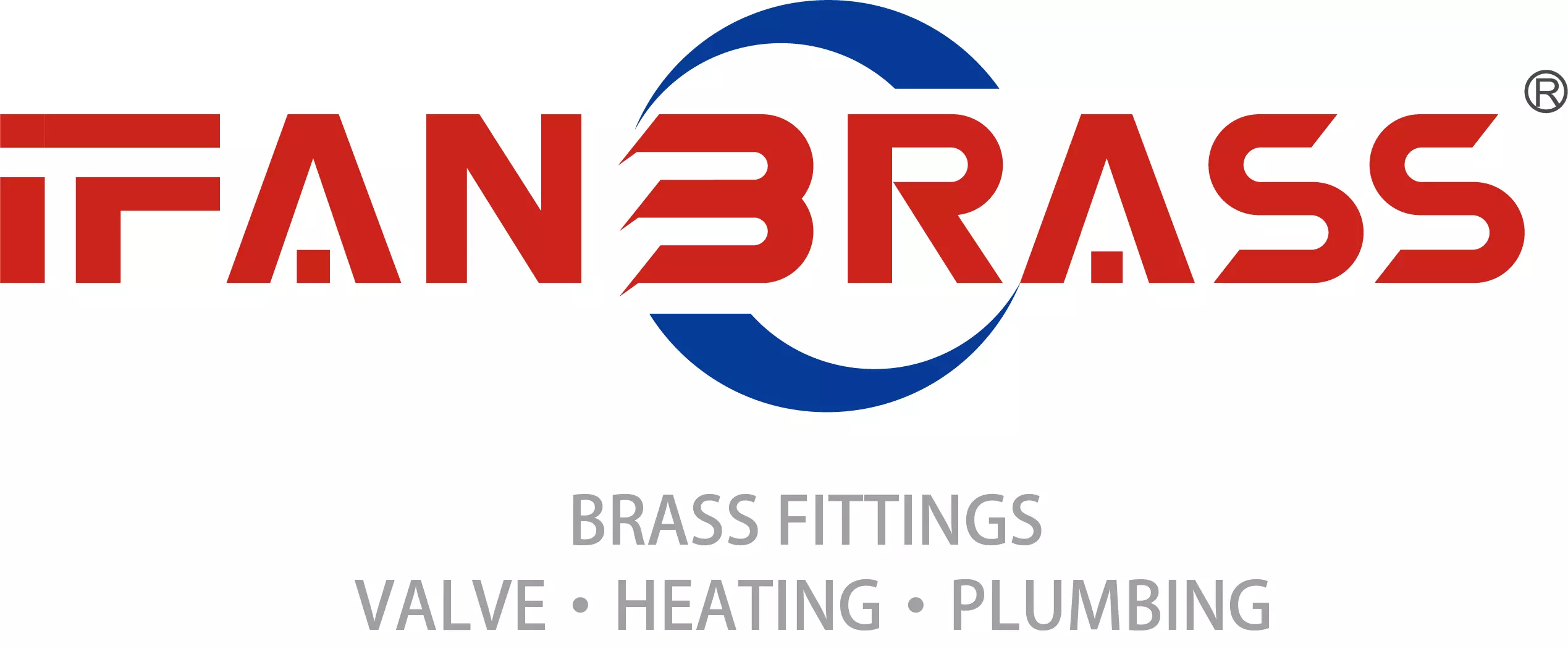











评价
目前还没有评价